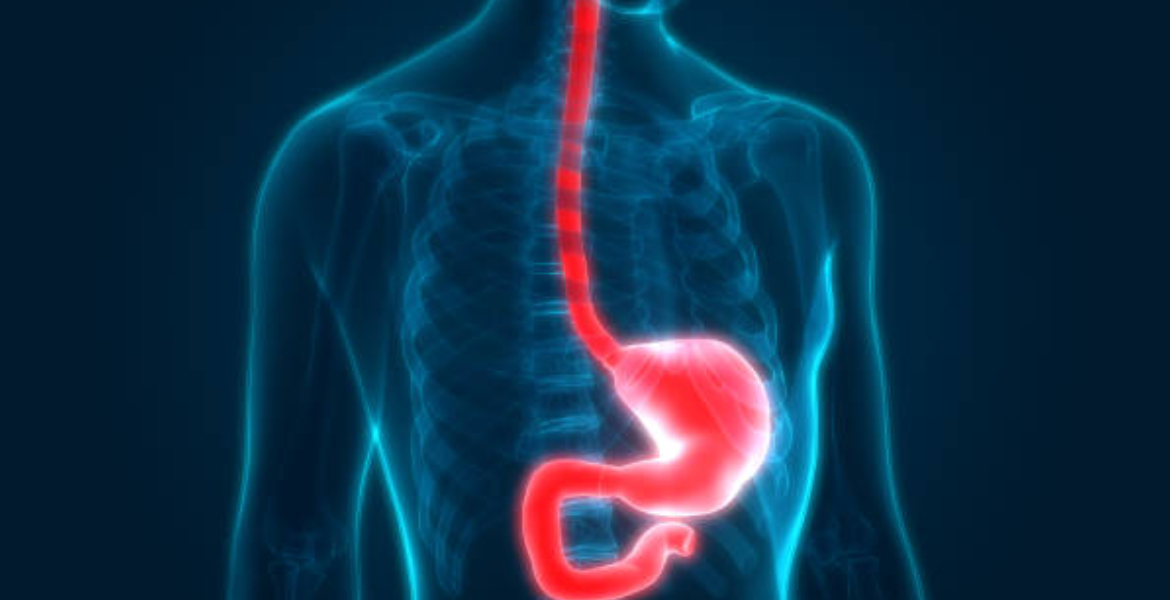

Dr. Shakti P Choudhury Is A Renowned And Highly Experienced Gastroenterologist In Odisha.
House Nos Mig 34, Near Fire Station Square, Baramunda, Bhubaneswar, 751003, In
+91-7835056101


Esophageal diseases, often referred to as food pipe diseases, encompass a range of conditions affecting the esophagus, the muscular tube connecting the throat to the stomach. The esophagus plays a crucial role in the digestion process by transporting food and liquids from the mouth to the stomach. However, various factors can lead to the development of esophageal disorders, causing discomfort, pain, and potential complications.
reatment for esophageal diseases depends on the specific condition and its severity. It may include lifestyle modifications such as dietary changes, weight management, and avoiding trigger foods for GERD. Medications such as proton pump inhibitors (PPIs) or H2 blockers may be prescribed to reduce stomach acid production and alleviate symptoms. In more severe cases or when complications arise, procedures like endoscopy, dilation, or surgery may be necessary.
Regular monitoring and management of esophageal conditions are essential to prevent complications and improve outcomes. Patients experiencing symptoms such as persistent heartburn, difficulty swallowing, or chest pain should seek medical evaluation to determine the underlying cause and receive appropriate treatment. Early detection and intervention can significantly impact the prognosis of esophageal diseases.